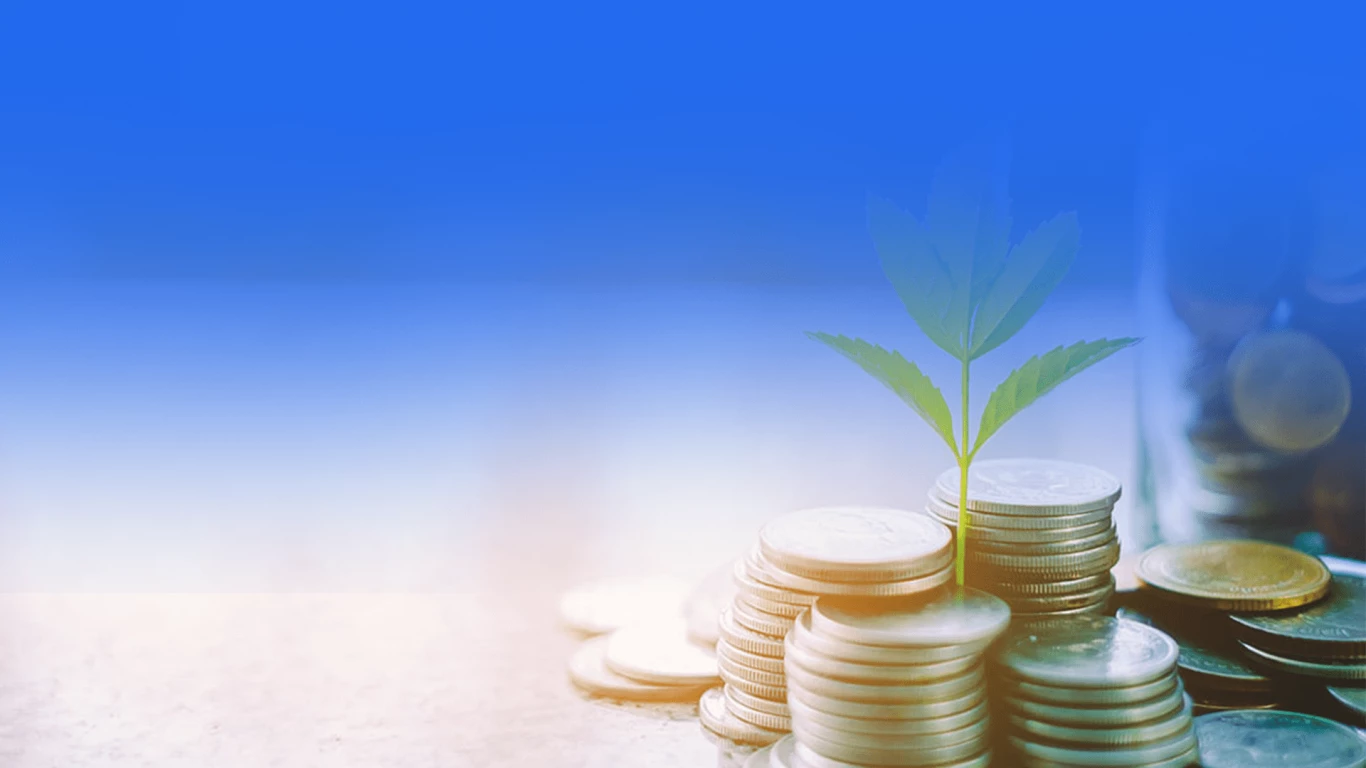Charitable Practices During Dhul Hijjah: More Than Just Qurbani


Dhul Hijjah, the final month of the Islamic lunar calendar. It is one of the four sacred months in Islam, along with Rajab, Dhul Qa’idah and Muharram. During these months, good deeds are amplified, regardless of how small or large. While the act of Qurbani (sacrifice) during Eid al-Adha is a well-known practice, there are numerous other charitable actions that hold immense value in this sacred month. At Feeling Blessed, we aim to inspire our community to embrace the spirit of giving beyond Qurbani, emphasizing the wide array of opportunities for earning rewards through charitable practices in Dhul Hijjah.
Charity is a cornerstone of Islamic practice emphasized repeatedly in the Quran and Hadith. Dhul Hijjah provides a unique opportunity to engage in various forms of charity, enriching both the giver and the recipient. Allah says in the Quran
"The example of those who spend their wealth in the way of Allah is like a seed [of grain] that sprouts seven ears; in every ear, there are a hundred grains. And Allah multiplies [His reward] for whom He wills." (Surah Baqarah Verse 261)
This verse highlights the protective and enduring benefits of charity. As we navigate through Dhul Hijjah, let us explore some meaningful ways to give.
Orphans hold a special place in Islam, and supporting them is one of the most virtuous acts a Muslim can undertake. Allah (SWT) says in the Quran:
"And they give food in spite of love for it to the needy, the orphan, and the captive." (Surah Insan Verse 8)
Contributing to orphanages or sponsoring an orphan's education and well-being can significantly impact their lives. Your donations can provide essential resources such as food, clothing, shelter, and education, offering these children a chance for a better future.
Feeding those in need is a noble act, especially emphasized during Dhul Hijjah. The Prophet Muhammad (SAW) said:
"He is not a believer whose stomach is filled while his neighbor goes hungry." (Al-Adab Al-Mufrad 112)
By organizing or contributing to food distribution programs, you can help alleviate hunger in your community and beyond. Whether through local soup kitchens, international aid programs, or direct food packages to impoverished families, feeding the hungry is a powerful way to embody the spirit of Dhul Hijjah.
Access to clean water is a fundamental human right, yet millions worldwide suffer from water scarcity. The Prophet Muhammad (SAW) highlighted the importance of clean water:
"The Messenger of Allah (saw) said: ‘Whoever does wudu, and does it well, his sins come out of his body, even from beneath his nails.’” (Musnad Ahmed 476)
Funding the construction of wells and water filtration systems in underprivileged areas can drastically improve the quality of life for countless individuals. Clean water projects not only provide safe drinking water but also reduce the spread of waterborne diseases.
Access to medical care is crucial, and supporting healthcare initiatives can save lives. Providing medical aid, funding health camps, or supporting hospitals and clinics in impoverished regions are impactful charitable endeavors. The Prophet Muhammad (SAW) said:
"Whoever relieves a Muslim of a burden from the burdens of this world, Allah will relieve him of a burden from the burdens on the Day of Judgment." (Jami` at-Tirmidhi 1930)
Your donations can help provide essential medicines, medical equipment, and health services to those who cannot afford them.
Education is a powerful tool for breaking the cycle of poverty. Supporting educational initiatives, such as scholarships, school supplies, and infrastructure development, can create lasting change. Allah (SWT) encourages the pursuit of knowledge in the first verse revealed to mankind:
"Read in the name of your Lord who created." (Surah Al-’Alaq Verse 1)
By donating to educational programs, you empower individuals with the knowledge and skills needed for a brighter future.
Empowering women and families is crucial for community development. Supporting initiatives that provide vocational training, financial literacy, and resources for small businesses can uplift entire communities. The Prophet Muhammad (SAW) showed great respect and care for women, emphasizing their importance in society. Allah (SWT) says in the Quran:
“The men believers and the women believers are responsible for each other.” (Surah Tawbah Verse 71)
We as Muslims have a duty to protect and care for each other. Our brothers and sisters work in harmony to support each other, and play major roles in society, which is why empowering women is just as important as empowering men.
Caring for the environment is a form of charity often overlooked. Planting trees, supporting sustainable agriculture, and funding conservation projects are ways to protect Allah’s creation. The Prophet Muhammad (SAW) said:
"There is none amongst the Muslims who plants a tree or sows seeds, and then a bird, or a person or an animal eats from it, but is regarded as a charitable gift for him." (Sahih al-Bukhari 2320)
Dhul Hijjah offers a multitude of opportunities for Muslims to engage in charitable acts beyond Qurbani. At Feeling Blessed, we encourage you to explore these various forms of charity, understanding that each act of kindness contributes to the betterment of our world and earns immense rewards in the hereafter.
By supporting orphans, feeding the hungry, providing clean water, aiding medical services, enhancing education, empowering women, and conserving the environment, we embody the true spirit of Islam. Let us make this Dhul Hijjah a time of profound generosity, reflecting the compassion and mercy that are at the heart of our faith.
May Allah (SWT) accept our good deeds and grant us His blessings and mercy. Ameen.
Check out our most popular blogs and resources.